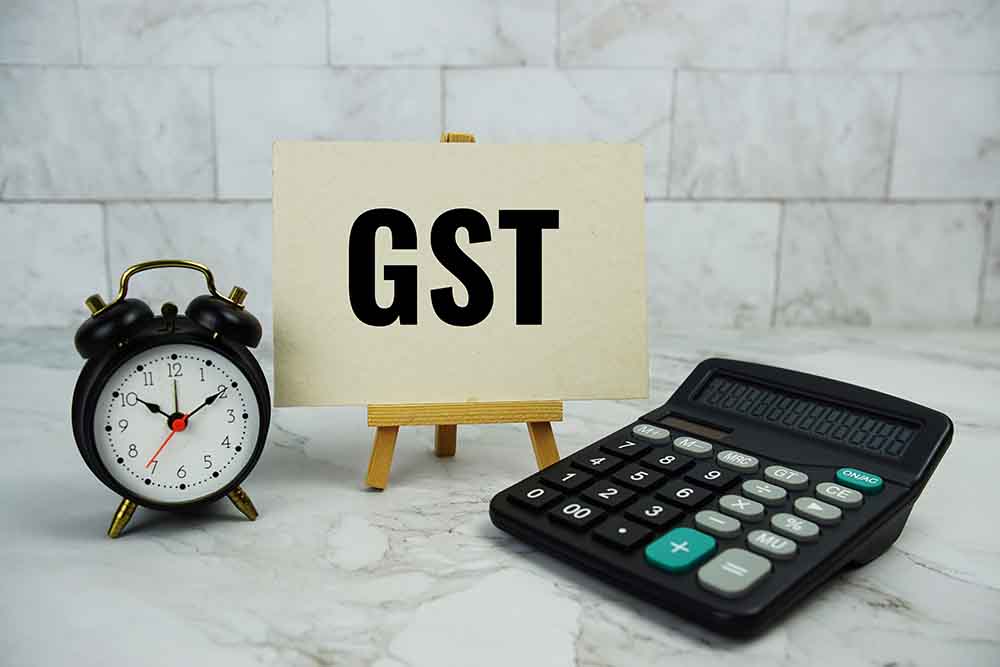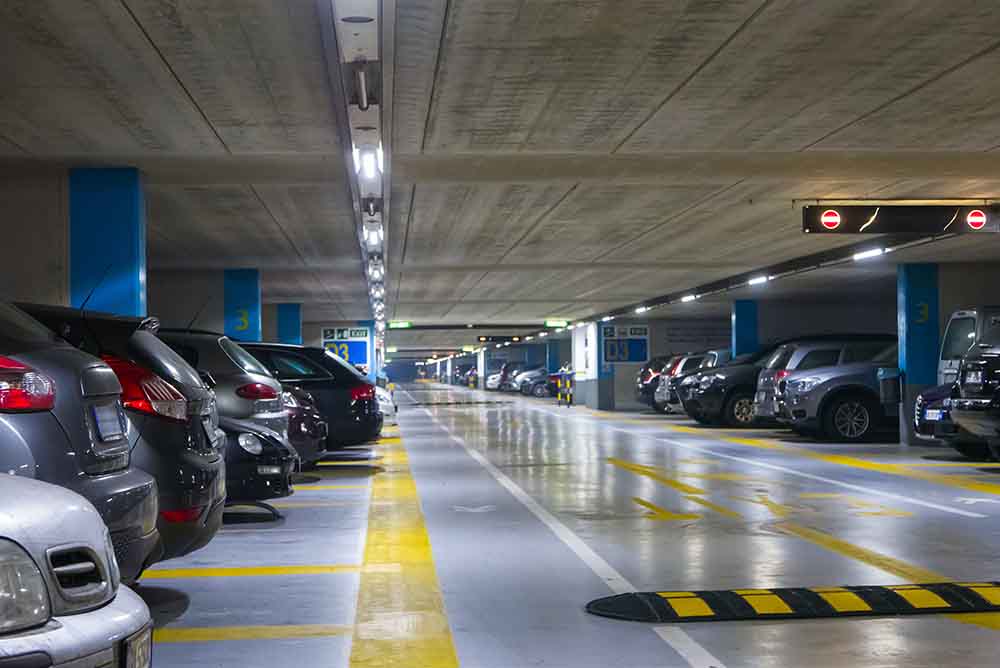You’ve found the perfect house, sorted your home loan, and even picked out curtains in your head. But wait - before you sign on the dotted line, it’s important to know that the cost of buying a home goes well beyond just the price quoted by the builder or seller.
Whether you’re a first-time homebuyer or someone planning to invest in property, understanding the additional charges can help you budget smartly and avoid surprises. Here’s a simple guide to the often-overlooked expenses women need to factor in when buying a house in India.
1. Stamp Duty And Registration Charges

These are mandatory government fees you’ll need to pay to get the property registered in your name. The rates vary from state to state - and here's a win for women: some states offer discounted stamp duty rates for female buyers.
For instance, in Delhi, women pay 4 per cent while men pay 6 per cent. Maharashtra offers a 1 per cent discount for homes registered in a woman’s name.
’If you’re purchasing the home in your own name or jointly with your spouse, do check the state-specific rules. Even a 1–2 per cent discount on stamp duty can translate into significant savings,’ says Chartered Accountant Abhay Asknani.
2.Goods And Services Tax (GST)

If you're buying an under-construction property, GST at 5 per cent is applicable. However, there's no GST on ready-to-move-in properties where a completion certificate has been issued.
’Choosing a ready-to-move-in property can help you avoid GST altogether, which is often overlooked when budgeting,’ Abhay notes. ’Also, this gives you clarity on possession timelines and avoids uncertainty.’
3. Home Loan Processing Fee
Most banks and NBFCs charge a processing fee, usually 0.25 per cent to 1 per cent of the loan amount. Some lenders offer discounts or waivers for women borrowers - so don’t forget to negotiate.
’Even if the fee seems small, on a ₹40 lakh loan, 1 per cent is ₹40,000 - so it’s not pocket change,’ warns Abhay. ’Factor this in early, especially when comparing loan offers.’

4. Legal And Technical Charges
Banks usually verify property papers and the actual site before approving the loan, and the cost of these evaluations (₹5,000–₹15,000) is passed on to you.
’Don’t skip or rush this process - these checks can save you from future legal or structural hassles,’ says Abhay. ’Budget for them, and insist on detailed reports.’
5. Brokerage Fee
If a broker helped you find the house, they usually charge 1–2 per cent of the property value.
’Always ask for clarity and written confirmation of brokerage charges upfront,’ Abhay advises. ’And yes, it’s negotiable in many cases.’
6. Maintenance And Advance Charges
Most builders collect 1–2 years of maintenance charges in advance at the time of handover.
’Many buyers assume possession means no more payments - but advance maintenance is common,’ Abhay explains. ’It’s usually non-refundable, so get details in writing before signing.’
7. Interior Work And Customisation

This includes everything from modular kitchens and wardrobes to basic fittings. It’s easy to underestimate how much you’ll end up spending post-possession.
’I’ve seen cases where buyers spend 15–20 per cent of the property cost on interiors,’ says Abhay. ’So build a separate fund for this - especially if you want to move in soon after possession.’
8. Parking Charges

A dedicated parking spot may not be included in the price, and can cost anywhere from ₹1 lakh to ₹5 lakh.
’Ask the builder clearly whether the parking is included or not,’ Abhay recommends. ’Also check if it’s a permanent allocation or renewable annually.’
9. Society Membership And Clubhouse Fees
If you're buying into a gated community, one-time charges for society membership, clubhouse access or corpus funds can apply.
’These charges often come as a surprise during possession,’ says Abhay. ’Read the agreement thoroughly and clarify any extra fees with the builder or agent.’
Homebuying is a major financial milestone - and as a woman, owning property in your name also adds a layer of financial security and independence. But smart planning is key. Account for these hidden costs early on, negotiate wherever possible, and always read the fine print.
’Treat buying a home like starting a long-term financial partnership,’ says Abhay Asknani. ’The more informed you are, the fewer financial shocks you’ll face later.’